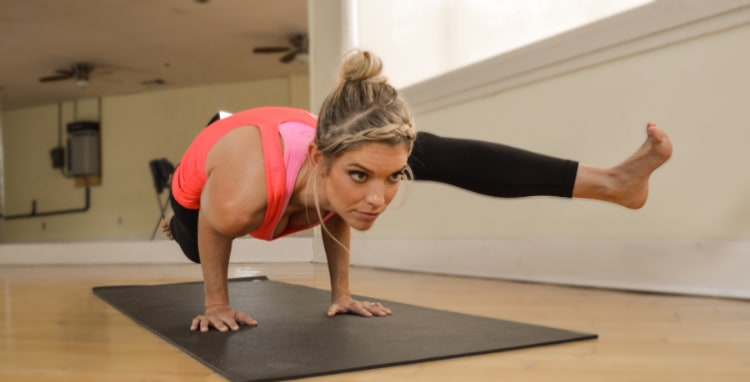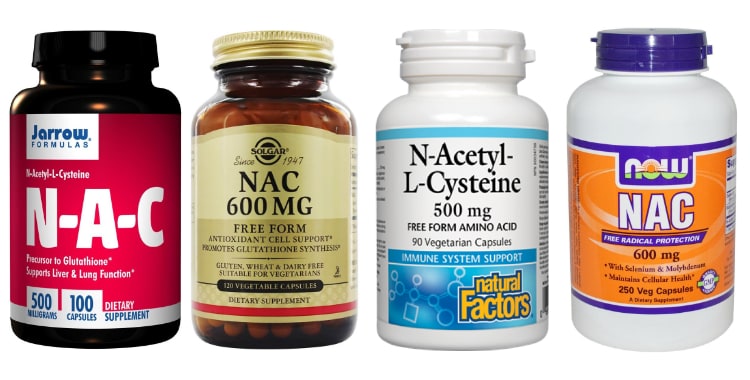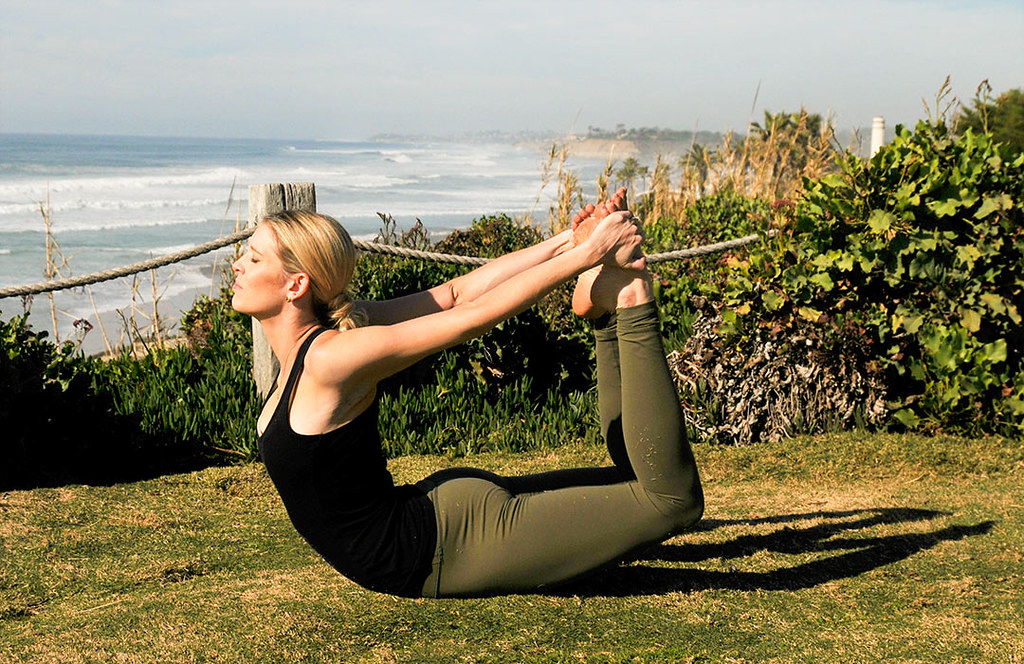
One of the reasons I love yoga is that it combines strength, flexibility and mental wellbeing. Yoga keeps me centered. But I realize that for some people, yoga’s just too chill. (If that’s what you think, try ashtanga yoga. It’ll kick your butt!) I have friends who are serious long-distance runners, Crossfitters, and Ironman and Ironwoman competitors.
High intensity exercise gets you in phenomenal shape. But there’s a downside to intense physical activity: it’s a form of stress that causes free radicals.
When you’re doing an intense workout, your body doesn’t distinguish stress; stress is stress and hardcore Crossfit workouts, Mud Runs and other obstacle course challenges are just as much of a stress to the body as worrying about how you’re going to pay the bills after you’ve gotten laid off from your job.
I’m a big fan of getting all the nutrients I need from organic local produce and other nutrient-dense real food. But if there’s one supplement I would take if I were a Crossfitter it would be NAC.

What is NAC?
It’s the synthetic form of the amino acid, cysteine. NAC (N-acetyl cysteine). Cysteine isn’t one of the 9 essential amino acids, which you need to get from food because your body can’t produce them on its own. But cysteine should be considered essential because most people don’t get enough of it.
So why take it for exercise? The biggest reason why is that NAC helps restore your body’s most important antioxidant.
When you think of antioxidants, what comes to mind? Vitamin C? Check. Vitamin E? Check. Polyphenols like resveratrol in red wine and grapes? Check. Plant-based foods are loaded with antioxidants. But virtually every single one of the cells in your body contain their own antioxidant. It’s called glutathione.
Glutathione is the master internal antioxidant of the human body. It’s actually composed of three amino acids (cysteine, glycine, and glutamate).
If you’re doing 50 burpees followed by 20 mountain climbers and 20 jump squats, your levels of cysteine are going to drop because of cellular oxidation caused by the intense exercise.
That’s where NAC comes to the rescue. By restoring levels of glutathione, NAC helps you recover from the stress caused by a crazy Crossfit workout.

Benefits of NAC
NAC does more than help your body recover from oxidative stress caused by intense exercise. It also helps detoxify the body in other ways. NAC helps get rid of toxins like heavy metals. And because free radical damage causes inflammation, NAC may prevent pain and swelling in the joints.
Even conventional medicine is on board with NAC. Patients with chronic obstructive pulmonary disorder (COPD) are given NAC in medical settings in order to facilitate healing. People who overdose on Tylenol are also given NAC to purge the body.
People with cystic fibrosis are given NAC to thin out mucus in the lungs.
There’s even more reasons I would consider using NAC outside of exercise recovery. For instance, it can help balance mood, blood sugar levels and more.
Boost Performance with NAC
A study in the Journal of Dietary Supplements says NAC supplementation may enhance performance and reduce soreness from acute, repeated-sprint, high-intensity exercise. NAC, it seems, has a knack (sorry, lame pun) for minimizing muscle fatigue and enhancing blood flow to the muscles. I’m not much of a runner, but if I were training for a long race, I’d definitely be down with stacking the NAC before my workouts.

NAC Dosage
So how much NAC should you take? According to the Life Enhancement Foundation, you should take anywhere from 600-1,800 mg per day.
If you have immune disorders like COPD, LEF says you can take even more, and you can split the dose in two servings. You may want to take NAC without food so that the amino acids from the food don’t interfere with NAC.
Conclusion
We’re constantly bombarded by oxidative damage: Exhaust from car engines (unless you drive a Tesla or Prius). Other chemicals in the air. Pesticides like glyphosate in the food and water supply. Excess alcohol consumption, etc.
We need every tool at our disposal to counteract the effects of free radical damage. Our bodies thankfully have that in the form of glutathione. But with the pervasiveness of synthetic chemicals, some of us are struggling to produce enough glutathione to stay healthy. Intense exercise is stressful to the body and reduces glutathione activity.
I’ll stick with yoga but if Crossfit is your thing, good on ya! You may want to consider supplementing with NAC to support your immune system, boost your workouts and recover faster.
